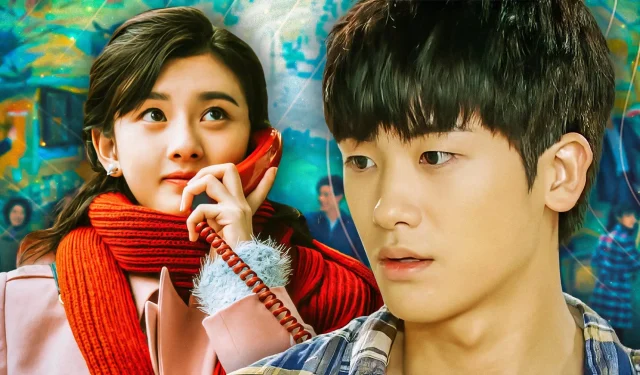
Korean dramas, commonly referred to as K-dramas, often delve into complex family dynamics that resonate deeply with viewers, making them a top choice for comfort viewing. While many popular K-dramas revolve around gripping revenge narratives or fairy-tale romances, the unique portrayal of family relationships adds an engaging layer to the genre. Unlike the rapid pacing of mainstream K-dramas, family-centric series unfold more gradually, allowing for a thoughtful exploration of intimate relationships over an extended number of episodes.
This slower progression encourages viewers to immerse themselves in the slice-of-life storytelling rather than feeling the urgency tied to a specific conclusion. Consequently, while some viewers may initially perceive the longer episode counts as daunting, they ultimately reveal a rich tapestry of familial experiences that are specific to Korean culture yet offer universal themes relevant to audiences worldwide. These portrayals encompass a wide range of relationships, from siblings working to mend fractured ties to the formation of ‘found families’ among groups of once-strangers.
10
Father, I’ll Take Care Of You (2016-2017)
Adult siblings move back in with their parents.
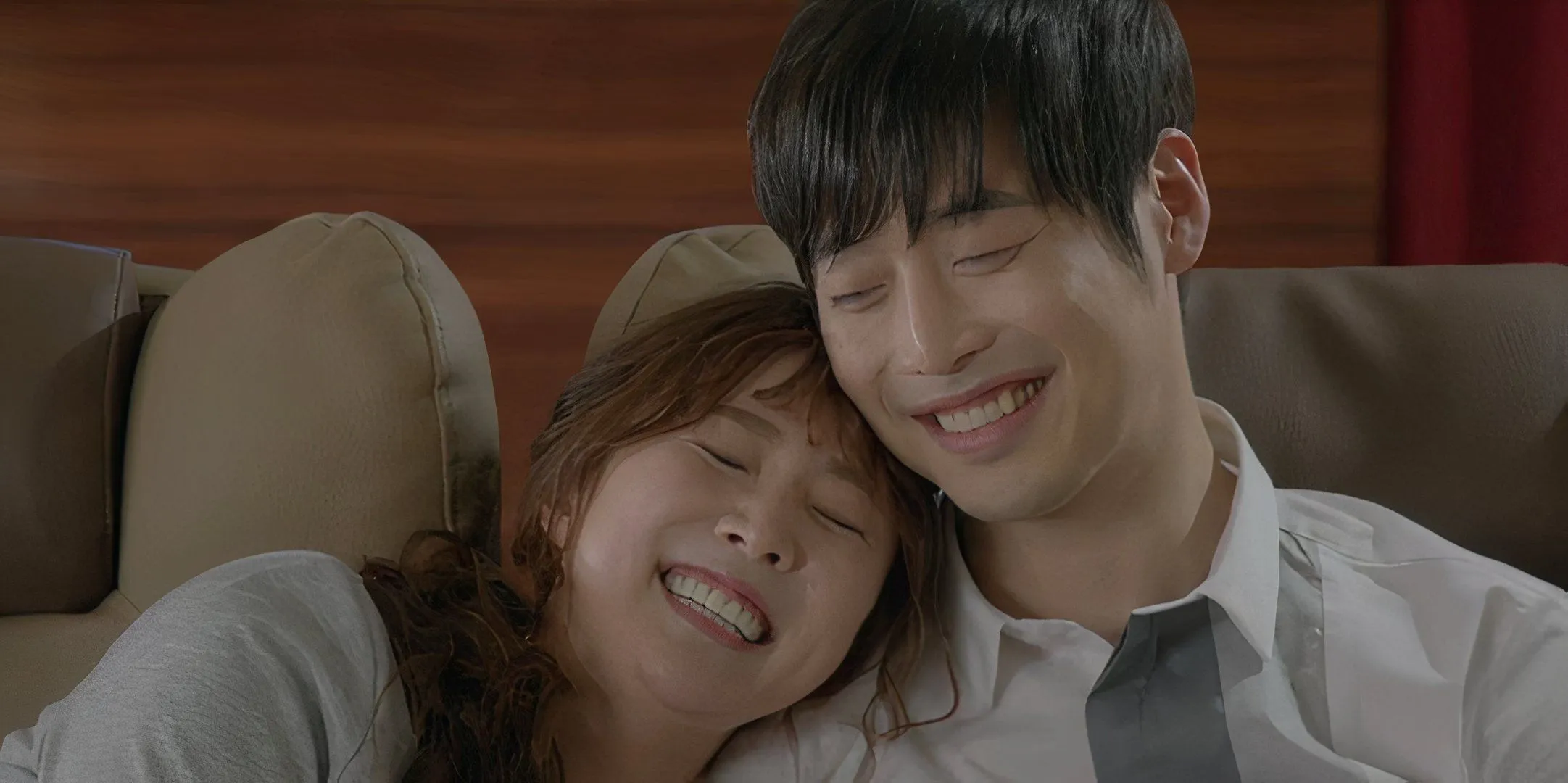
K-dramas frequently mirror societal issues relevant to families, as seen in “Father, I’ll Take Care of You.”This series portrays two retired parents anticipating a tranquil life now that their children have moved out, only to face the reality of their adult kids returning home due to escalating housing costs in South Korea. As the parents navigate the challenge of adjusting to their children’s return, the show carefully examines familial concerns, intertwining subplots that include workplace romances and revenge, designated to keep viewers engaged over its 50-episode run through beloved K-drama clichés.
9
My Unfamiliar Family (2020)
A broken family finds their way back to one another.
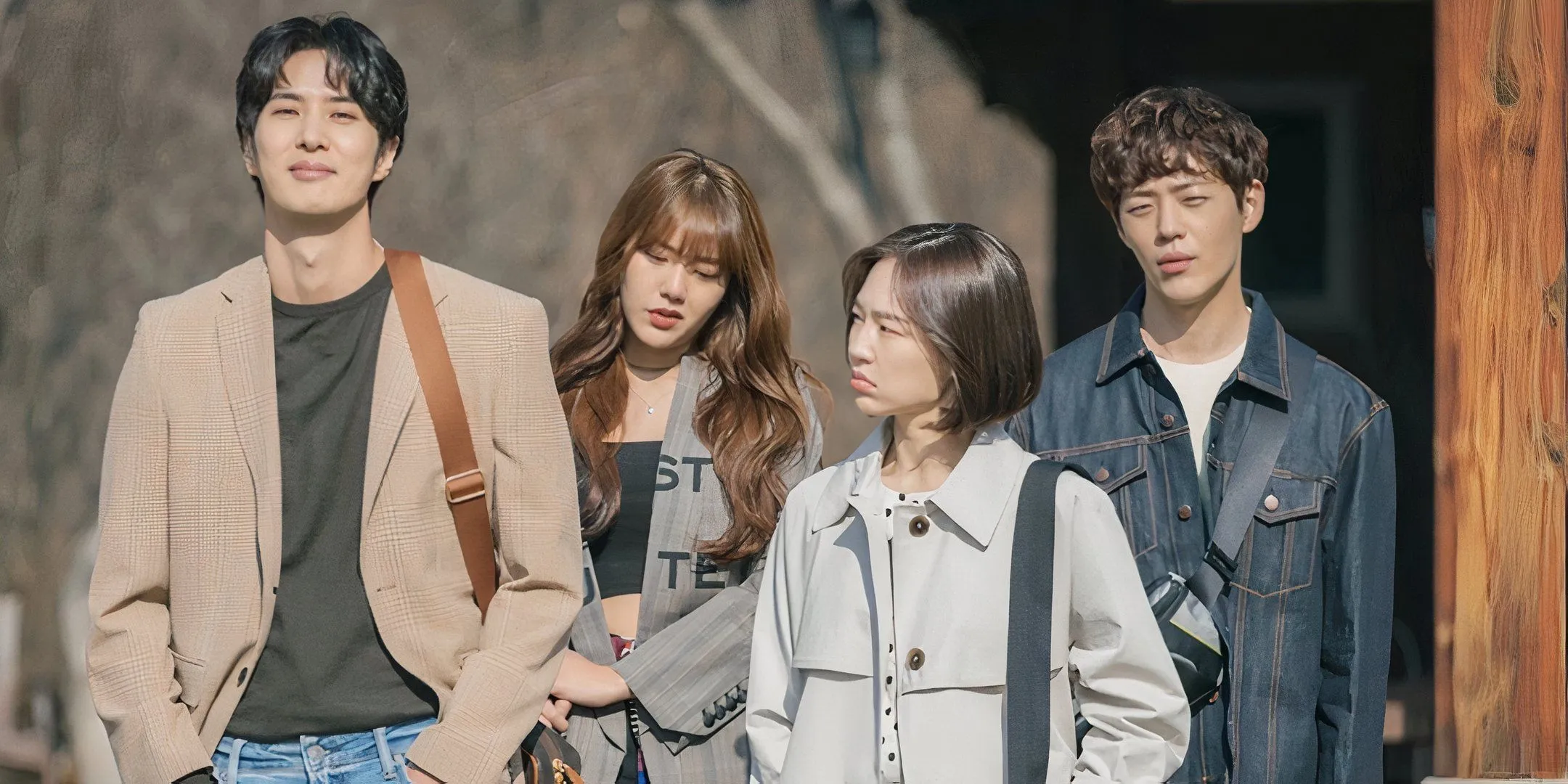
While many family-centered K-dramas exude warmth and joy, some explore deeper issues within familial relationships, including communication breakdowns. “My Unfamiliar Family”focuses on a family drifting apart, featuring three siblings navigating their personal struggles. Despite moments of frustration and complexity, the characters resonate with viewers, whose patience unveils a profound understanding of each individual’s motivations throughout the series. By depicting a relatable and authentic representation of a fractured family, the show strikes a chord with audiences and emphasizes the importance of open communication.
8
What Happens To My Family? (2014-2015)
A father has had enough with his ungrateful children.
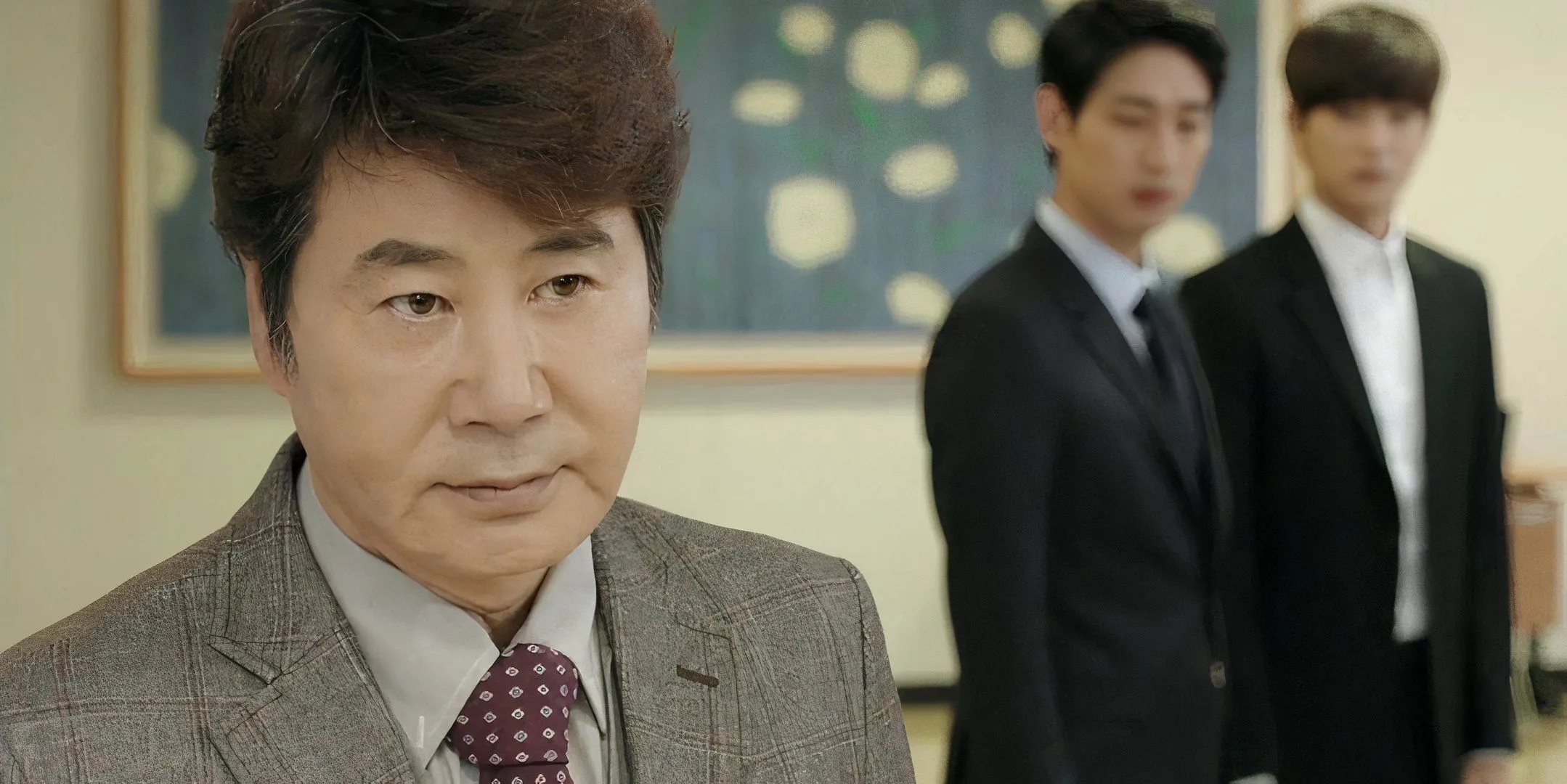
“What Happens To My Family?”centers on a father, Cha Soon-bong (Yoo Dong-geun), who, with the help of his sister, raises three children who gradually seem unappreciative of his sacrifices. The father’s response? A bold lawsuit against his children for their ingratitude. While this portrayal intensifies family tensions, it also serves as a crucial lesson for them. The show balances serious themes with humorous moments, showcasing the characters’ dramatic and exaggerated predicaments.
7
Five Enough (2016)
The children of two single parents join forces.
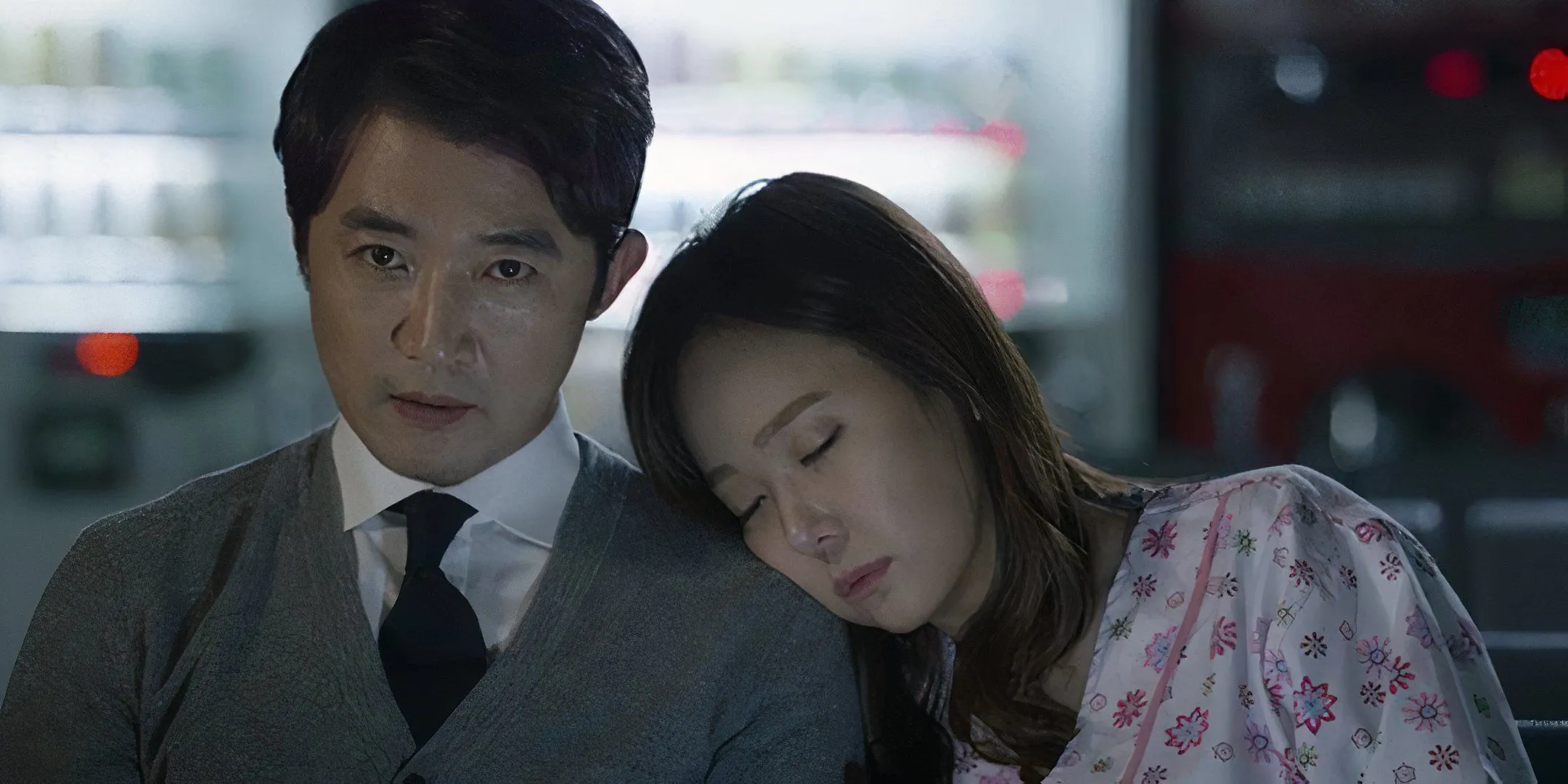
“Five Enough”illustrates the complexities of merging two families, spotlighting single parents Lee Sang-tae (Ahn Jae-wook) and Ahn Mi-jung (So Yoo-jin) as they attempt to unite their children amidst initial resistance from their relatives. The series artfully balances multiple love stories within its 54 episodes, but the central focus remains the evolving family dynamics. The cast’s authentic chemistry enhances the storyline, providing an engaging exploration of family bonds.
6
18 Again (2020)
A father gets another chance to bond with his children.
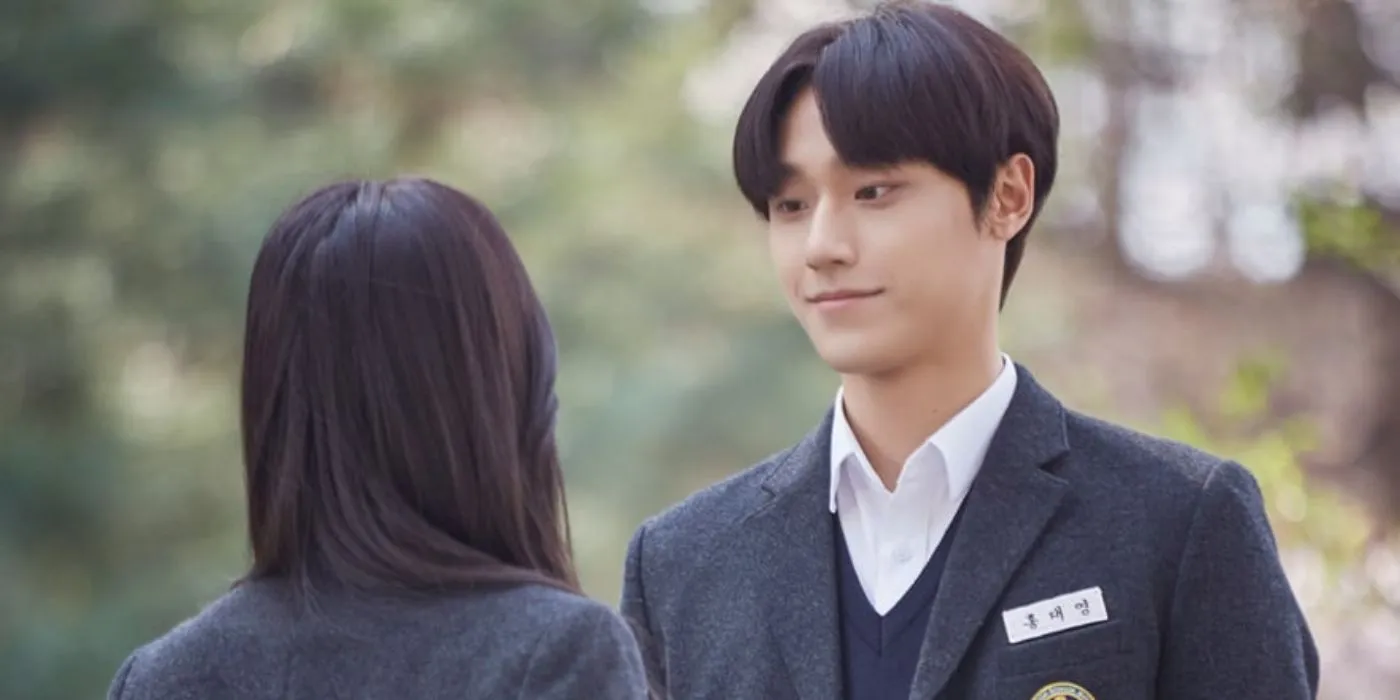
“18 Again”weaves a narrative reminiscent of the American film “17 Again,”following Hong Dae-young (Yoon Sang-hyun) who wishes for a chance to relive his youth. When this wish materializes and he inhabits his younger self, he seizes the opportunity to reconnect with his teenage children from their perspective. Through his new, youthful lens, Dae-young not only supports his children but also gains insights into their emerging struggles, resulting in a heartwarming exploration of family bonds amidst comedic escapades.
5
Family By Choice (2024)
Three unrelated teenagers form a family of their own.
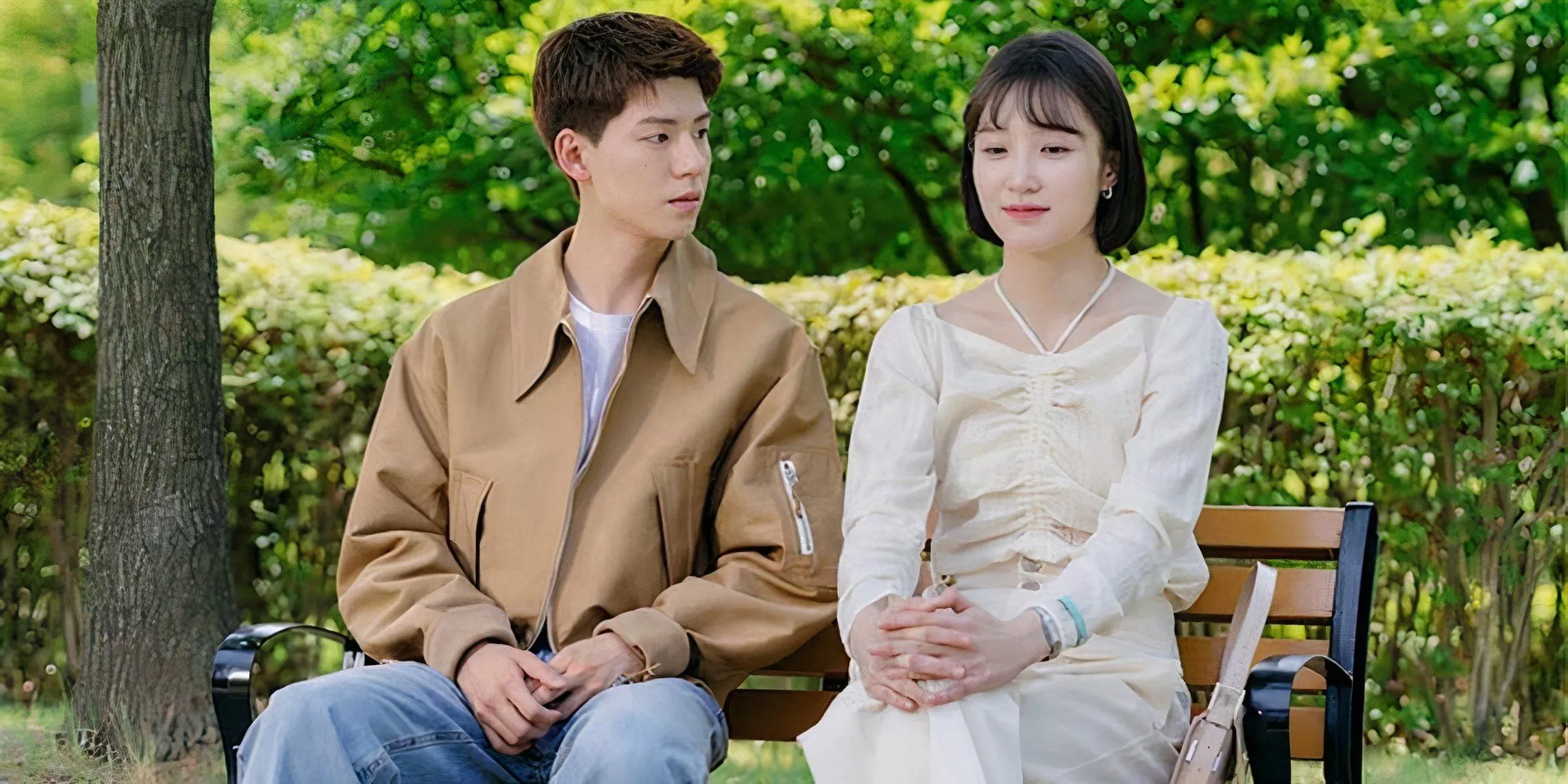
The K-drama “Family By Choice”captures a decade-spanning storyline of a family torn apart, only to reunite and rekindle the close bond that once existed. This series prominently features the sibling dynamic, showcased through the remarkable performances of Hwang In-youp, Bae Hyun-sung, and Jung Chae-yeon, whose chemistry serves to amplify emotional scenes.
4
Cheer Up, Mr. Kim! (2012-2013)
A man works as a housekeeper to support his adopted children.
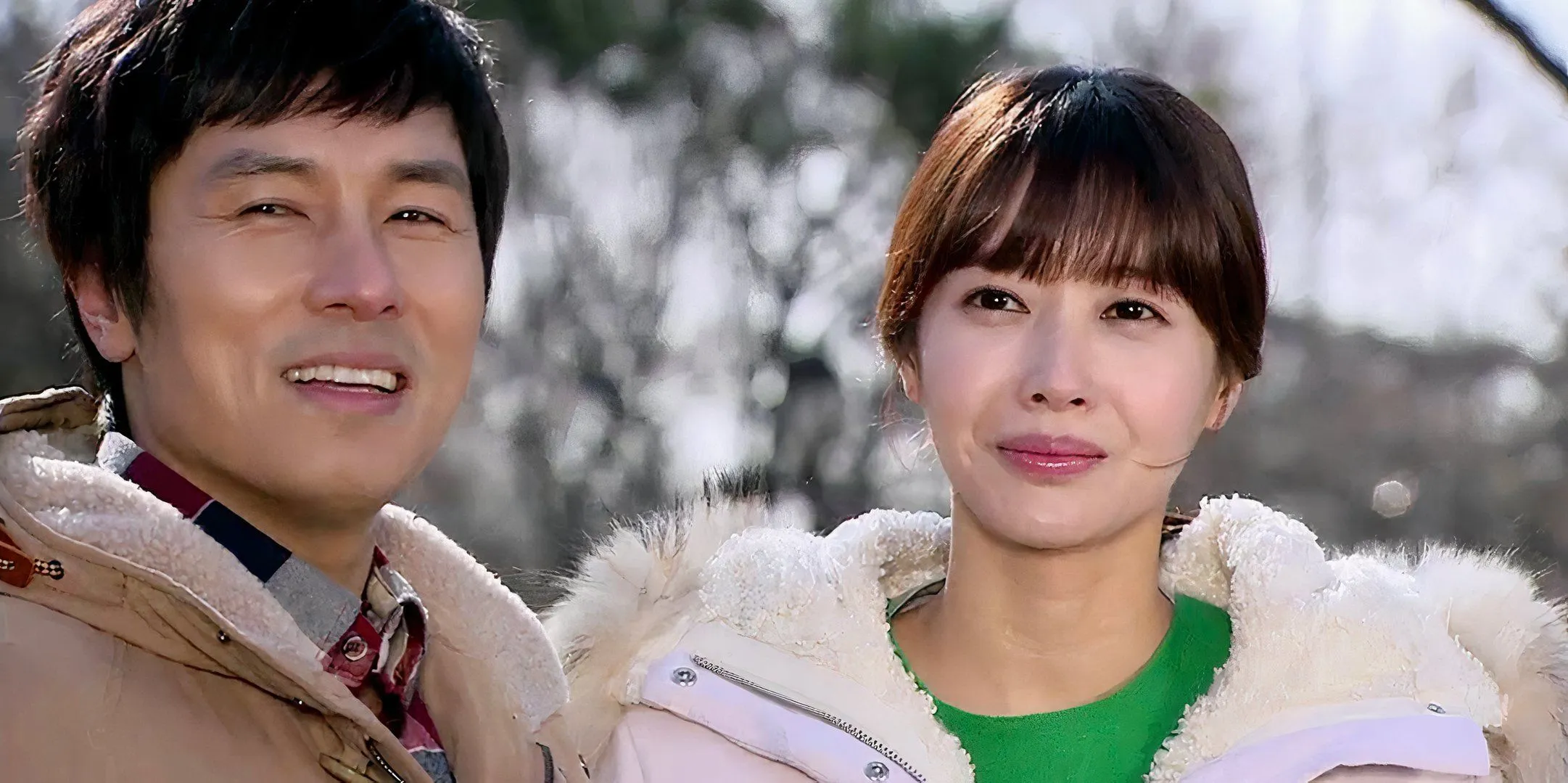
In “Cheer Up, Mr. Kim!”, the protagonist, Kim Tae-pyung (Kim Dong-wan), epitomizes resilience and optimism as he supports his four adopted children, starting with his niece from a young age. Despite the struggles that come with his demanding job as a housekeeper, Tae-pyung’s unwavering determination to provide a nurturing environment for his kids creates poignant moments throughout the series. Though some subplots may feel superfluous, the heartfelt paternal relationships and unique premise make it a worthwhile watch.
3
The Good Bad Mother (2023)
The fractured mother-son relationship begins to heal.
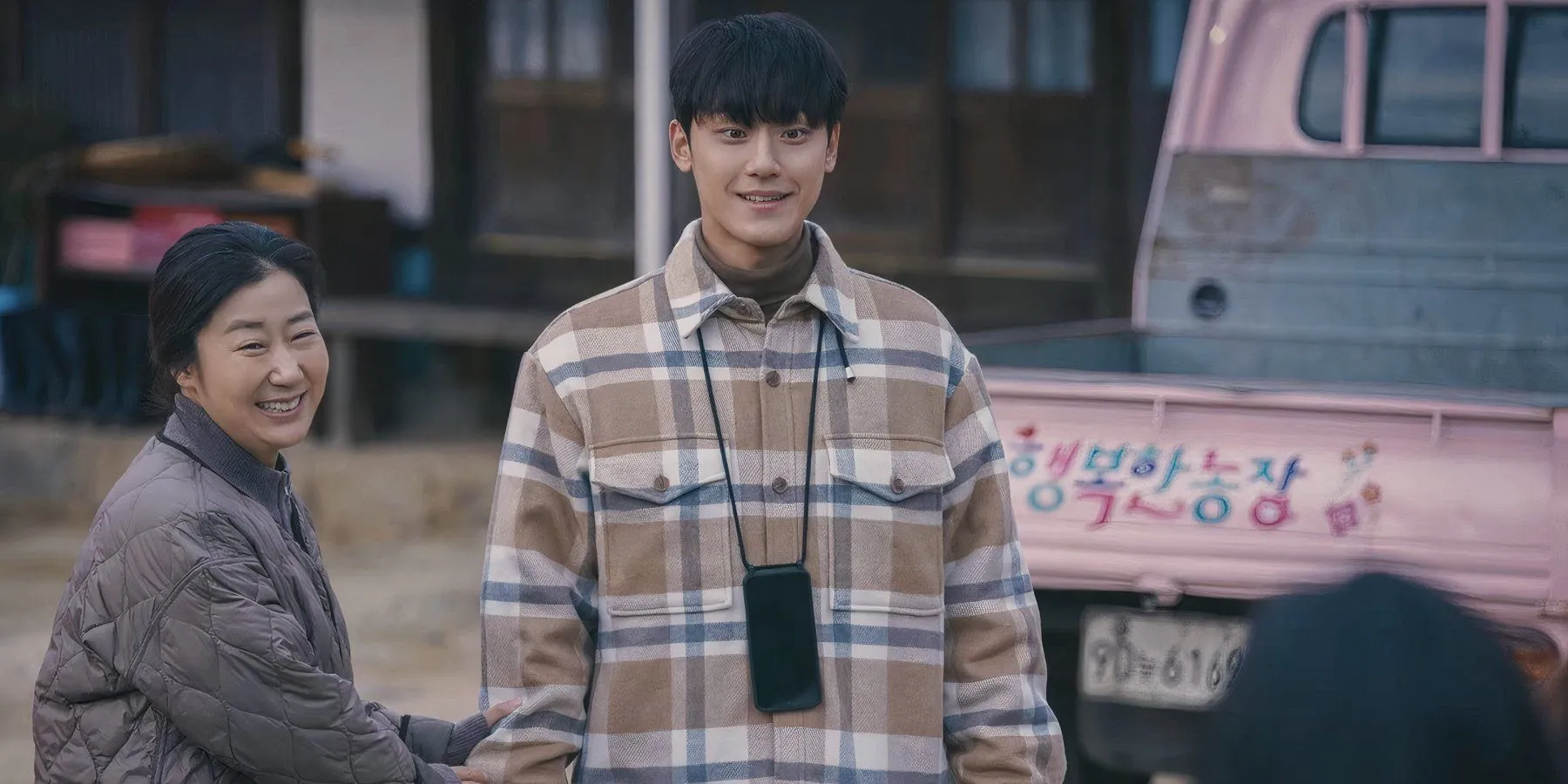
“The Good Bad Mother”offers an engaging exploration of mother-son dynamics in the context of a supportive community. The central narrative focuses on Jin Young-soon (Ra Mi-ran), a single mother whose strict parenting creates distance with her son Choi Kang-ho (Lee Do-hyun). When an unforeseen accident necessitates Kang-ho’s return home, a chance to mend their fractured relationship emerges. The blending of heartfelt moments with humor adds depth to the storytelling, showcasing the complex yet relatable aspects of their bond.
2
My Father Is Strange (2017)
The presence of a celebrity mixes up an average family.
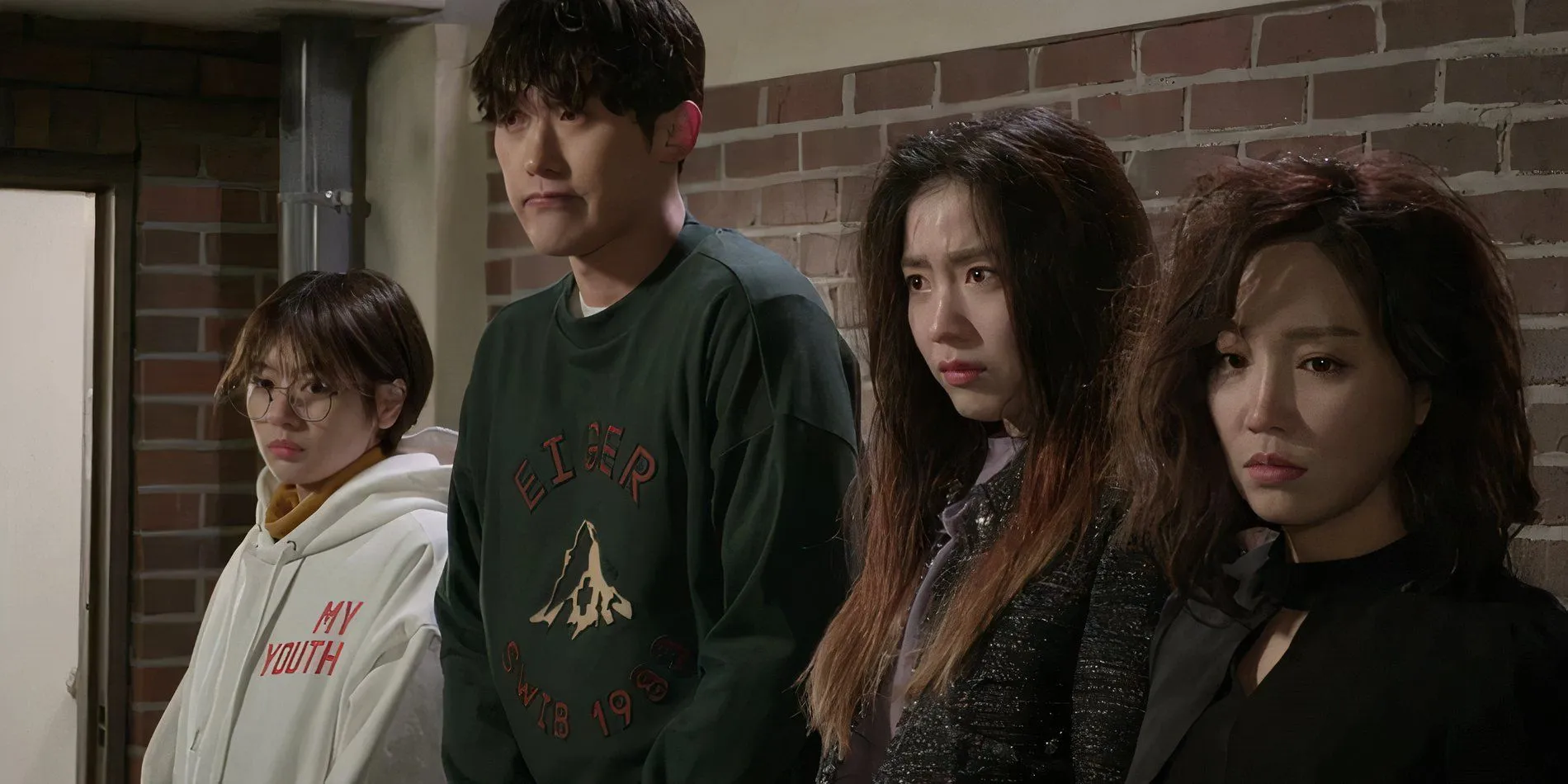
Combining humor and heartfelt moments, “My Father Is Strange”tells the story of a typical family in Seoul whose lives take a turn when a celebrity claims to be the long-lost son of the family patriarch, Byun Han-su. This revelation catalyzes various challenges as the family learns to adapt to this unexpected situation, resulting in a series rich with humor and emotional depth. Initially set for 50 episodes, the show’s popularity led to two additional episodes, maintaining a strong narrative flow that kept audiences captivated.
1
Reply 1988 (2015-2016)
The lives of families in a Seoul neighborhood are intertwined.
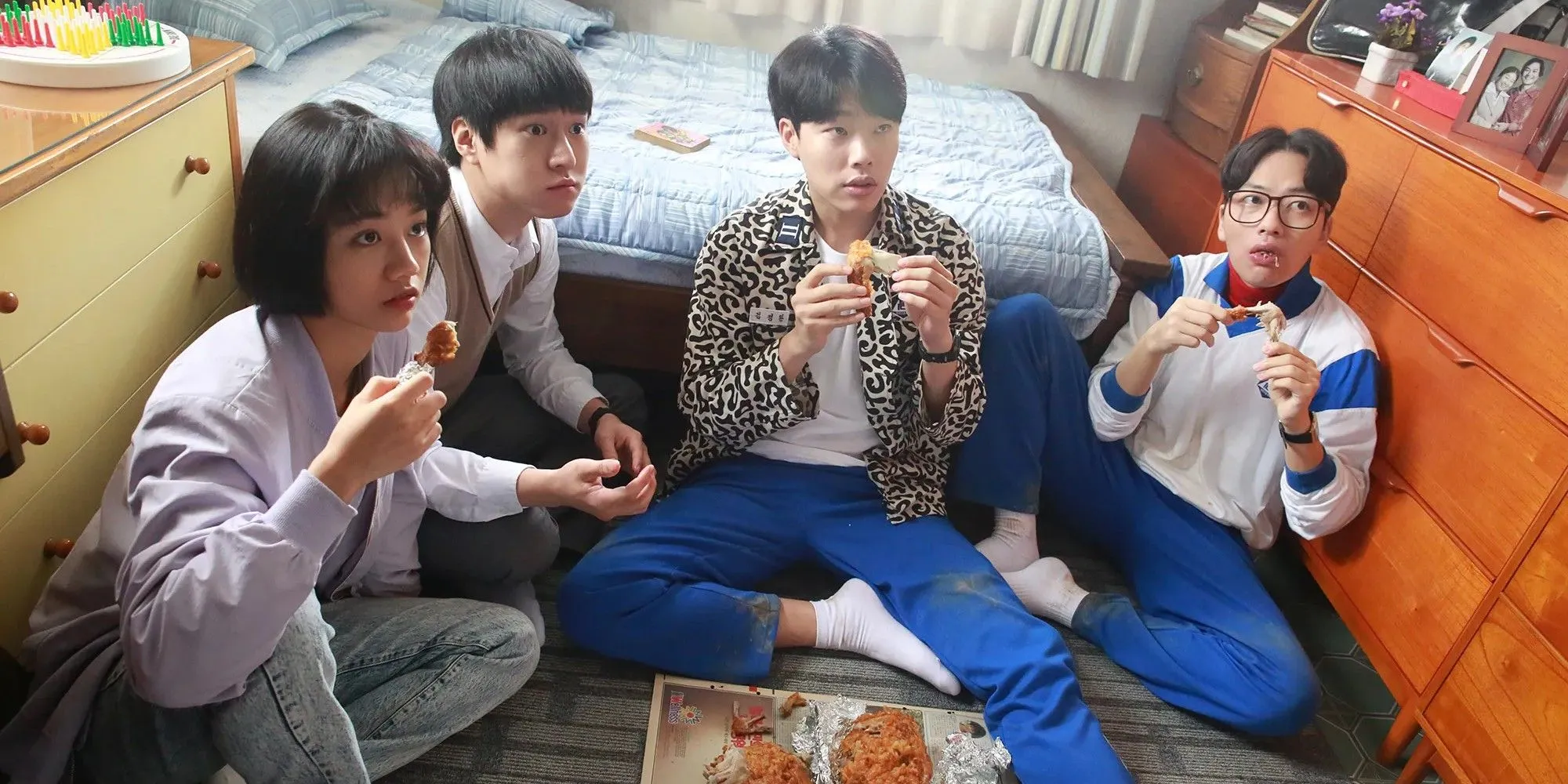
Set in Northern Seoul, “Reply 1988″is celebrated for its nostalgic portrayal of neighborhood life, following five friends and their families through everyday experiences that blend romance and camaraderie. As the third installment of the “Reply”series, it effectively captures the essence of 1988, providing heartwarming moments and showcasing the interplay between friendships and family ties. The series’ nostalgic essence enhances its comforting atmosphere, and the neighborhood serves as a cohesive unit, embodying a found family dynamic that resonates with viewers. Praised conclude with a high-impact finale, “Reply 1988″stands as one of the highest-rated K-dramas in Korean cable history.




Leave a Reply ▼